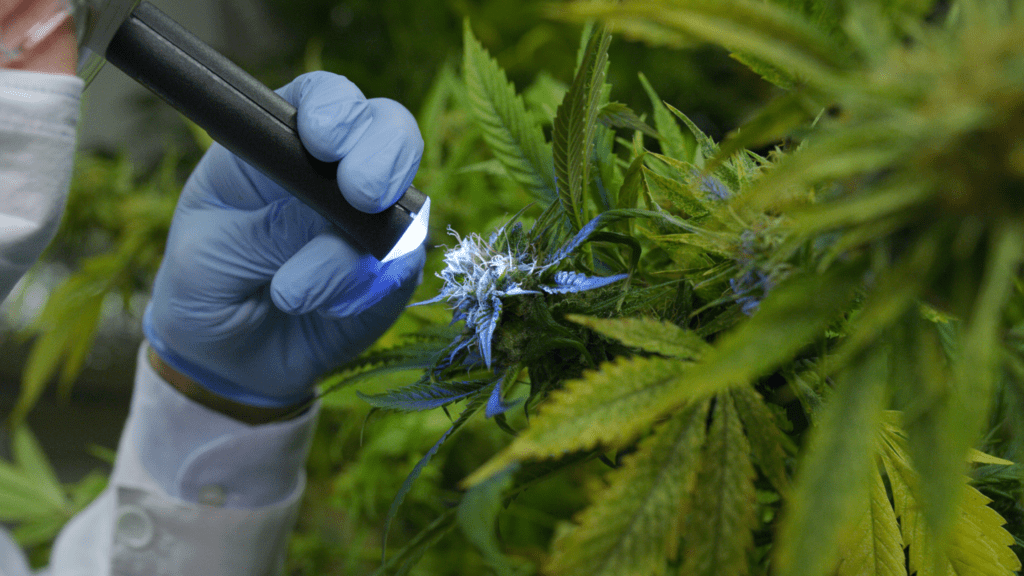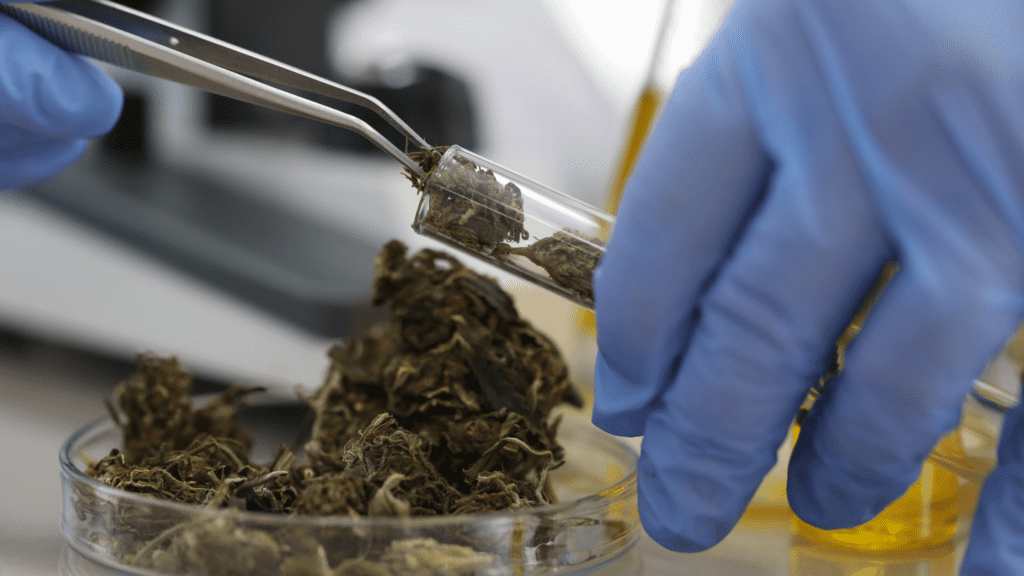
Delta-8 has surfaced as one of the most popular cannabinoids on the market. Depending on state regulations, it can be found online and in dispensaries and convenience stores.
What is Delta-8 THC?
Delta-8 THC (or delta-8-tetrahydrocannabinol) is a naturally occurring chemical compound found in hemp and marijuana plants. Much of delta-8’s popularity is due to its similarity to delta-9 THC. When people use the term “THC” or other terms meaning marijuana, they’re referring to delta-9 THC.
Uses for THC vary across consumers, but the benefits can include calmness, pain relief, and better sleep. In larger quantities, THC may cause euphoric high or sedation. Delta-8, on the other hand, may give you similar effects but to a lesser degree.
Want the benefits without the traditional THC high? Look to Delta-8.
What’s the Difference Between Delta-8 THC and Delta-9 THC?
Both Delta-8 and Delta-9 have a double bond in their structures, which is thought to be the catalyst for binding to the body’s endocannabinoid receptors. This is what causes you to become high.
The primary difference is the placement of the double bond. Delta-8 has the double bond on the eighth carbon atom. Delta-9 has the double bond on the (you guessed it) ninth carbon atom.
The placement of the double bond impacts how the compound binds to endocannabinoid receptors. And this may be why Delta-8 THC is a weaker high.
Delta-8 THC vs. CBD
CBD (cannabidiol) and Delta-8 THC are both cannabinoids but interact with your body in different ways.
Unlike Delta-8 and Delta-9, CBD doesn’t bind directly to your body’s endocannabinoid system (ECS). Because of this, it does not produce a high as you would experience with either of the other cannabinoids.
Like Delta-8, CBD is primarily derived from hemp. It’s more readily available to consumers because it’s not regulated in the same way as marijuana. CBD is a great option if you want natural relief without the high.
Is Delta-8 THC Legal?
Delta-8 THC can be extracted from both hemp and marijuana. The 2018 Farm Bill legalized hemp cultivation across the country. Hemp is defined as a cannabis plant that contains no more than 0.3% Delta-9 THC. These levels are considered too low to have a psychoactive effect, but Delta-8 isn’t addressed at all.
Because Delta-8 can be derived from hemp, the omission means that cultivation is hypothetically legal. Delta-8 has become an alternative to Delta-9 in many states where marijuana is illegal.
Sales of Delta-8 have been blocked by over a dozen states because of concerns over lack of research. These states include.
- Alaska
- Arizona
- Arkansas
- Colorado
- Delaware
- Idaho
- Iowa
- Kentucky
- Mississippi
- Montana
- New York
- Rhode Island
- Vermont
- Utah
How is Delta-8 THC Produced?
The amount of Delta-8 THC present in cannabis is far too small to meet current consumer demands. It’s too costly to extract in such trace amounts.
Because cannabinoids are similar in molecular structure, scientists have learned how to convert one cannabinoid into another. This is not a new technology in the industry. A different cannabinoid such as CBD or Delta-9 THC is extracted and refined into an isolate. It’s then synthesized into Delta-8 using an ionization process.
The Future of Delta-8 THC
There are currently no federal regulations for Delta-8 THC, aside from those imposed on hemp cultivation. States are hurrying to take a stance, while the U.S. Drug Enforcement Agency (DEA) proposes new regulations on cannabis.
The proposed regulations would add specifications to the 2018 Farm Bill, stating that all synthetically derived tetrahydrocannabinols remain schedule I controlled substances. This could impact more than just Delta-8.

